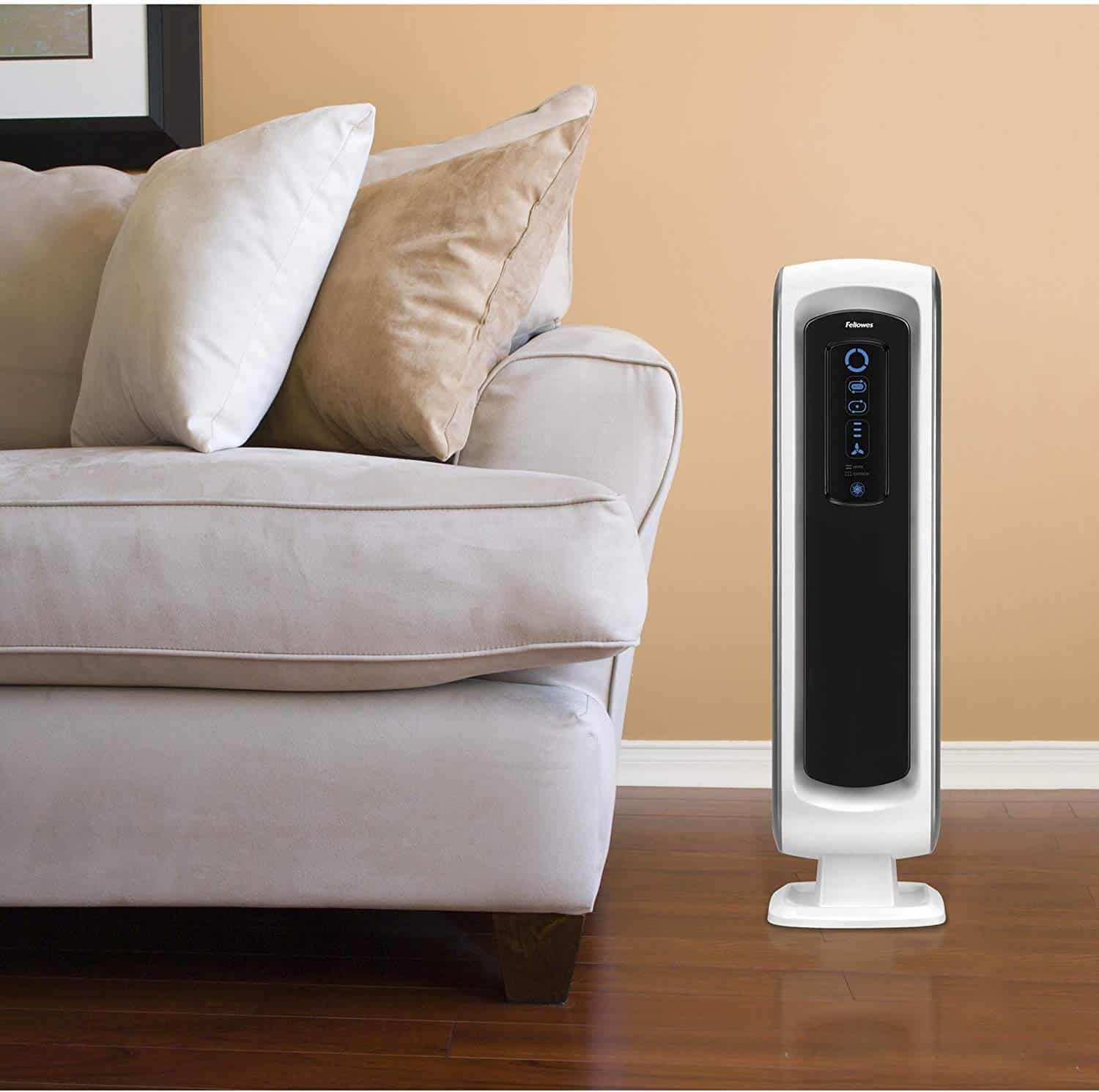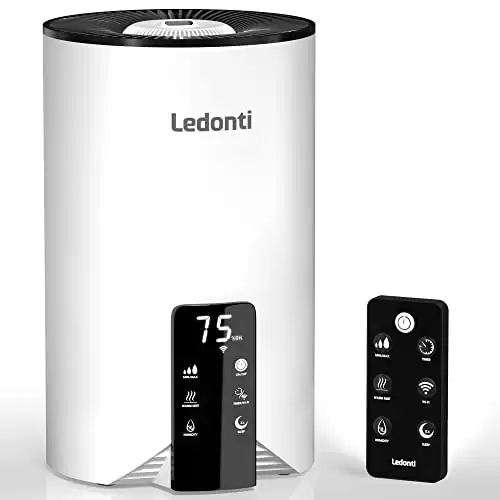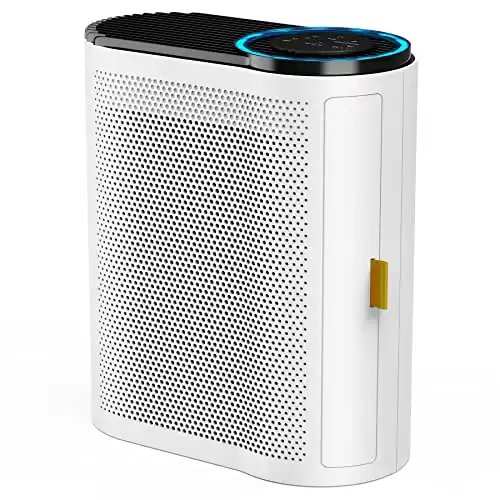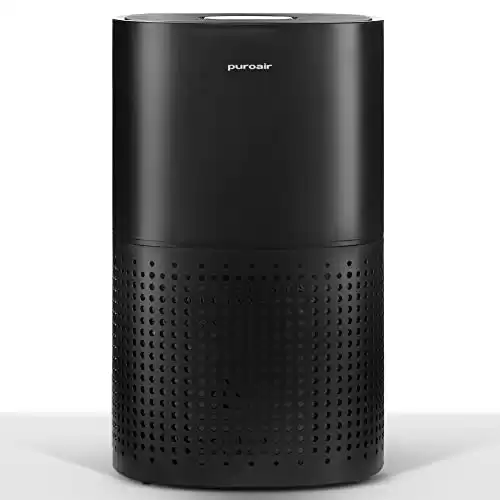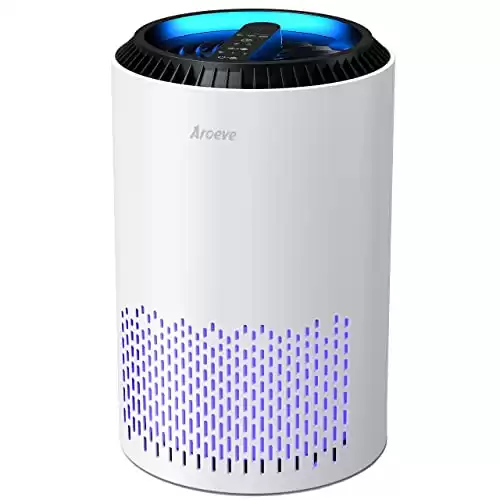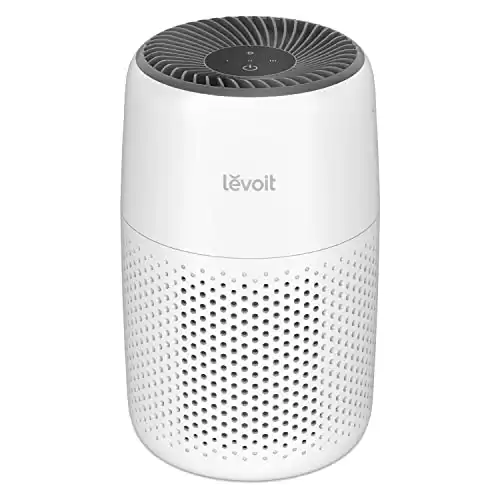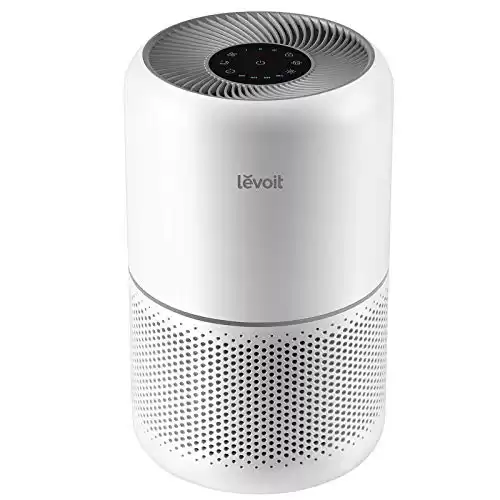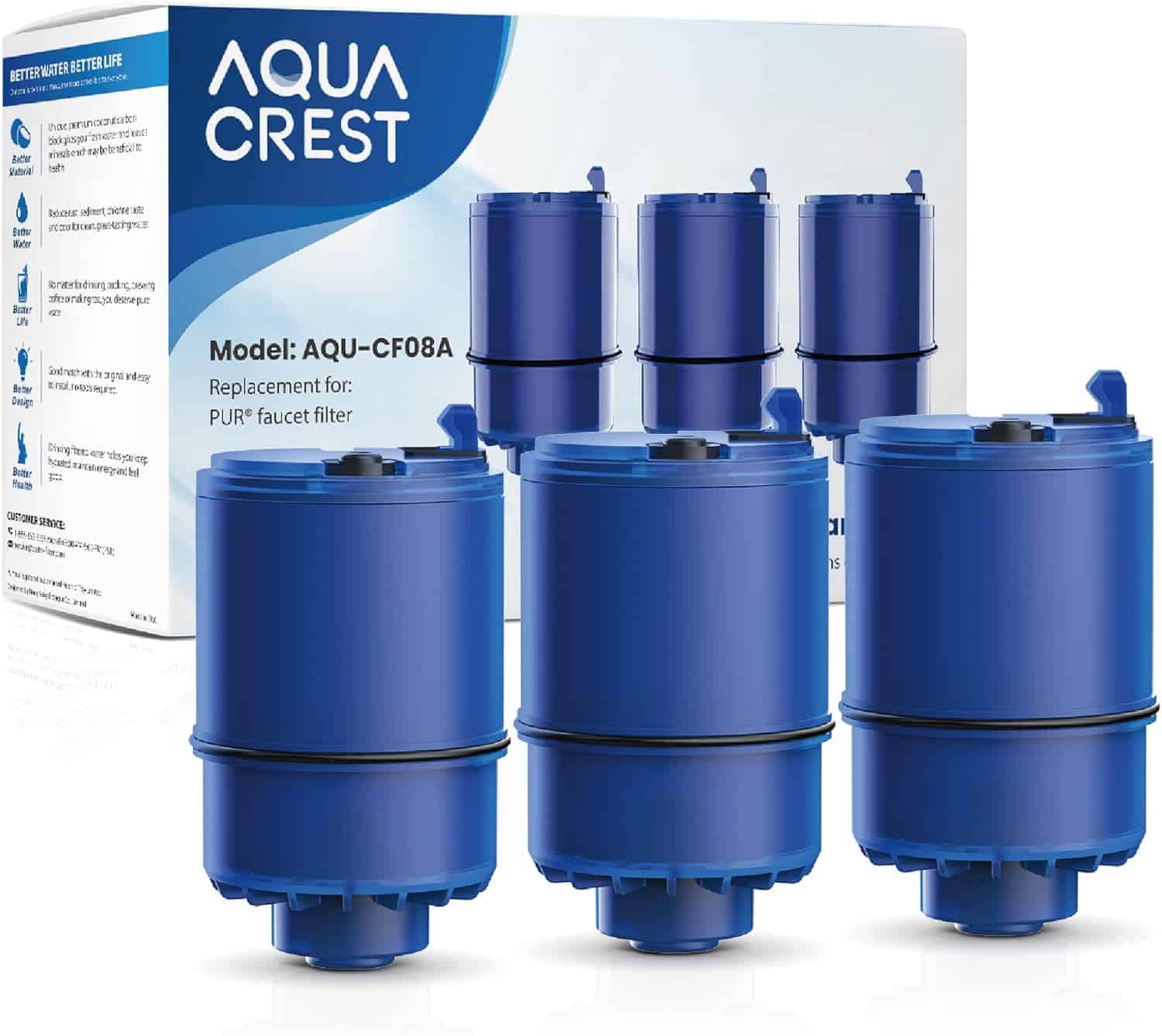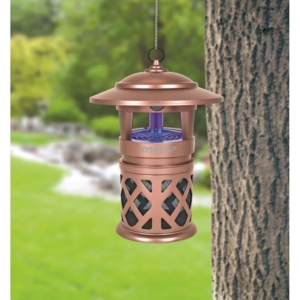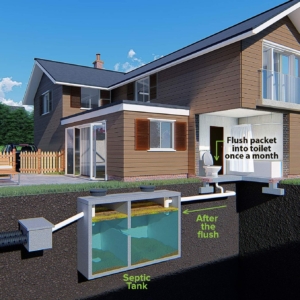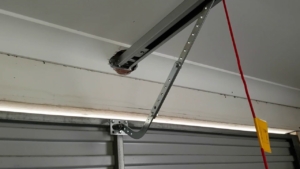Indoor Air Quality: How Air Purifiers
Can Improve Your Health
Did you know that the air you breathe indoors can have a significant impact on your health? According to studies, the quality of indoor air can be up to five times more polluted than outdoor air, exposing us to various pollutants and allergens. This makes it crucial to prioritize indoor air quality, and one effective way to do so is by using air purifiers. In this blog post, we will delve into the importance of indoor air quality and explore how air purifiers can play a vital role in improving our health.
Understanding Indoor Air Quality
Indoor air quality refers to the condition of the air within buildings and structures. It encompasses pollutants, allergens, and volatile organic compounds (VOCs) that can be present in the air we breathe. Common sources of indoor air pollution include dust, pet dander, smoke, and chemicals from cleaning products. Breathing in poor-quality indoor air can lead to various health risks, such as respiratory issues, allergies, and even long-term illnesses.
The Role of Air Purifiers:
Air purifiers are devices designed to remove pollutants and improve indoor air quality. They work by utilizing different filtration systems to trap and eliminate contaminants from the air. The most common types of air purifiers include HEPA filters, activated carbon filters, and UV filters. By effectively capturing particles like dust, pollen, and pet dander, air purifiers help reduce our exposure to harmful substances and create a cleaner and healthier indoor environment. Moreover, air purifiers are known for their cost-effectiveness and energy efficiency, making them a practical investment for long-term health benefits.
There are several different types of air purifiers available on the market, each utilizing various technologies to filter and clean the air. Here’s a description of some common types:
1. High-Efficiency Particulate Air (HEPA) Filters:
HEPA filters are widely recognized as one of the most effective types of air filters. They use a dense mat of fibers to trap particles as small as 0.3 micrometers with high efficiency. HEPA filters can capture a wide range of contaminants, including dust, pollen, pet dander, mold spores, and some bacteria. They are especially beneficial for individuals with allergies or asthma.
2. Activated Carbon Filters:
Activated carbon filters are designed to remove odors, gases, volatile organic compounds (VOCs), and some chemical pollutants from the air. They consist of a bed of activated carbon that has a large surface area to adsorb and trap these substances. Activated carbon filters are often used in combination with other filters, such as HEPA filters, for comprehensive air purification.
3. Ultraviolet (UV) Germicidal Irradiation:
UV air purifiers use ultraviolet light to destroy bacteria, viruses, and other microorganisms by disrupting their DNA and rendering them inactive. These devices typically have UV lamps that emit UV-C light, which is germicidal and can effectively neutralize airborne pathogens. UV air purifiers are often used in hospitals, clinics, and other healthcare settings to help control the spread of infections.
4. Electrostatic Precipitators:
Electrostatic precipitators use an electrostatic charge to remove particles and pollutants from the air. These devices create an ionizing field that charges airborne particles, causing them to adhere to oppositely charged collection plates or grids. Electrostatic precipitators can capture a wide range of contaminants, including dust, smoke, pollen, and some bacteria. However, they may produce small amounts of ozone as a byproduct, so careful selection is necessary for individuals with respiratory sensitivities.
5. Ozone Generators:
Ozone generators work by producing ozone, a molecule that can react with and neutralize certain pollutants in the air. Ozone can help eliminate odors, mold, and bacteria. However, ozone can also be harmful to human health, especially when present in high concentrations. Due to their potential risks, ozone generators are not typically recommended for general air purification purposes, and their use should be carefully controlled and monitored.
Health Benefits of Air Purifiers:
The impact of air purifiers on our health is significant. Firstly, air purifiers can greatly improve respiratory health by reducing asthma symptoms and decreasing allergen triggers. Those who suffer from allergies or asthma often find relief when using air purifiers as these devices filter out airborne allergens and irritants. Air purifiers can help prevent respiratory infections and enhance overall immune function by removing bacteria and viruses from the air. Furthermore, individuals with chronic obstructive pulmonary disease (COPD) and other respiratory disorders can experience relief and improved breathing with the help of air purifiers. Aside from respiratory benefits, air purifiers have also been linked to improved sleep quality and reduced stress levels, ultimately contributing to better overall well-being.
Choosing the Right Air Purifier:
To make the most out of air purifiers, it’s important to choose the right one for your needs. Consider factors such as room size, Clean Air Delivery Rate (CADR), noise level, and filter replacement requirements when selecting an air purifier. Certifications such as those from the Association of Home Appliance Manufacturers (AHAM) and Energy Star can provide assurance of an air purifier’s effectiveness. Proper maintenance and regular filter replacements are also crucial for optimal performance.
| Product Image | Product Name / Price | Primary Button |
|---|---|---|
Additional Tips for Improving Indoor Air Quality:
While air purifiers are a valuable tool in improving indoor air quality, there are additional measures you can take to enhance the air you breathe. Regular cleaning, proper ventilation, and reducing the use of chemical-based cleaning products can significantly reduce indoor air pollution. Furthermore, making lifestyle changes such as quitting smoking and opting for natural cleaning products can have a positive impact on indoor air quality.
Here are 10 frequently asked questions about indoor air quality and air purifiers, along with their answers:
1. What is indoor air quality (IAQ)?
Indoor air quality refers to the condition of the air within buildings and structures, including the presence of pollutants, allergens, and VOCs.
2. Why is indoor air quality important?
Indoor air quality is important because we spend a significant amount of time indoors, and poor IAQ can lead to respiratory issues, allergies, and other health problems.
3. How do air purifiers work?
Air purifiers work by using various filtration systems to capture and eliminate contaminants from the air, such as dust, pollen, pet dander, and smoke.
4. Do air purifiers eliminate all types of indoor air pollutants?
Air purifiers are effective at reducing many common indoor air pollutants. However, they may not eliminate certain gases, such as radon, or remove odors entirely.
5. Can air purifiers help with allergies?
Yes, air purifiers with HEPA filters can help alleviate allergy symptoms by trapping airborne allergens like pollen, pet dander, and dust mites.
6. Are air purifiers effective against viruses and bacteria?
Some air purifiers, particularly those with UV filters or advanced filtration systems, can help remove or inactivate certain viruses and bacteria in the air.
7. How do I choose the right air purifier for my home?
Consider factors such as room size, CADR (Clean Air Delivery Rate), noise level, and filter replacement requirements when selecting an air purifier.
8. Are air purifiers energy-efficient?
Yes, many modern air purifiers are designed to be energy-efficient, consuming minimal electricity while effectively improving indoor air quality.
9. How often should I replace the filters in my air purifier?
The frequency of filter replacement depends on the type of filter and usage. Generally, it’s recommended to replace filters every 6 to 12 months for optimal performance.
10. Can I improve indoor air quality without an air purifier?
Yes, there are additional measures you can take to improve indoor air quality, such as regular cleaning, proper ventilation, reducing chemical use, and eliminating smoking indoors. However, air purifiers provide a dedicated and effective solution.
Remember, if you have specific concerns or health conditions, it’s always a good idea to consult with a healthcare professional or indoor air quality expert for personalized advice.
Conclusion: Air Purifiers
Indoor air quality should never be overlooked when it comes to maintaining our health and well-being. Air purifiers provide an effective solution to combat indoor air pollution, helping us breathe cleaner and healthier air. By investing in an air purifier and implementing other measures to improve indoor air quality, we can safeguard our respiratory health, reduce allergies, and create a healthier living environment. Prioritize your health by taking action today, and breathe in the freshness of clean indoor air.

